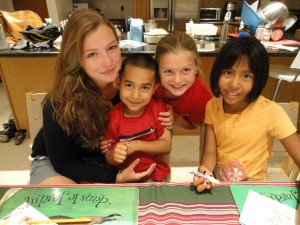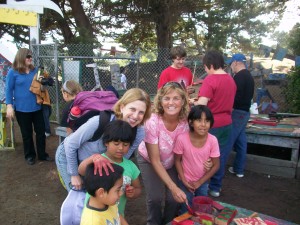This past February, I had the privilege of meeting Tom Heaton in Panajachel, Guatemala, where he lives and works as a United Methodist Pastor from the Indiana conference. I had known about Tom and his work for a few years through my membership in online adoption groups.
Tom is the adoptive father to two sons, Jose and Manuel, both born in Guatemala. Several years ago, Tom started “Mayan Traditions,” featuring fair-trade crafts to benefit orphanages and child-related ministries in Guatemala. In 2008, he was appointed business administrator of Project Salud y Paz, a United Methodist-related ministry that operates clinics and a preschool in the Guatemalan highlands. Last year, Tom formed Mission Guatemala, a nonprofit organization founded to improve the quality of life for the country’s indigenous population. For the past decade, Tom has dedicated himself to Guatemala and its people. (more…)




 ShareThis
ShareThis







